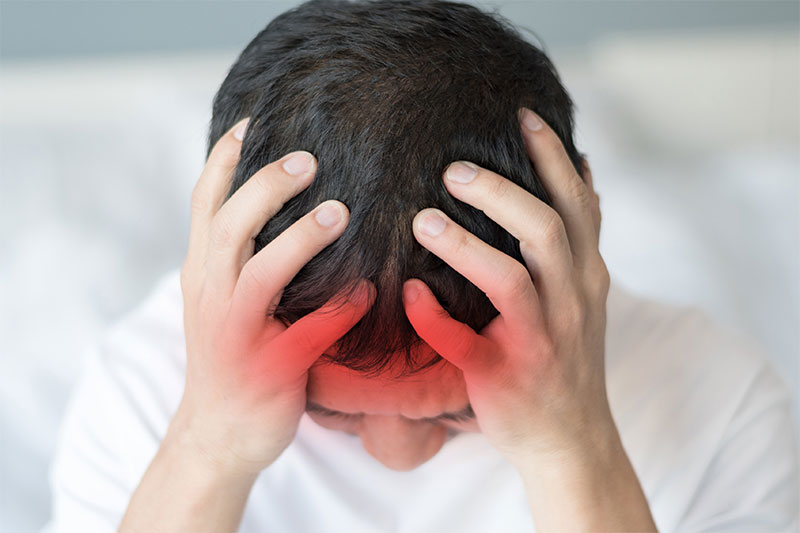Did you know most illnesses and conditions can be treated quite effectively if discovered early on? Detecting something wrong with your body in time might be the difference between a safe treatment and death. Yes, it’s that serious. This means you must know the early symptoms of major diseases — that way, you can talk to someone about them before things worsen.

Here are the first signs for some serious illnesses and diseases that you want to catch early. How have you been feeling today?
First Signs of Covid
The Covid virus is still out there, and it seems we’ll be hearing from it for a while. And although thankfully there’s now a vaccine, you must still take precautions to avoid catching the deadly virus. Here are the most common first signs of Covid.
If you have some of these, stay at home, and if things get worse, talk to your doctor. Most people live thought covid just fine, so just take care of yourself and avoid crowded places.
- Sore throat.
- Fever.
- Cough.
- Tiredness.
- Loss of taste or smell.
- Chills and body aches.
- Shortness of breath.
- Pain Chest.
First Signs of Dementia
Dementia is a catch-all term for cognitive degeneration and brain-related conditions. And although some signs of dementia are expected as one ages, you can also experience them when young.
Dementia has no cure; then again, it’s different for everyone. If you think you have one of the following symptoms, talk to your doctor. And don’t worry, you’re not going crazy; perhaps you just need some rest or have a nutrient deficiency.
- Memory loss.
- Difficulty solving problems.
- Paranoia.
- Tiredness.
- Difficulty sleeping.
- Mood swings.
- Diminished social skills.
- Decreased speech skills.
- Slow reaction time.
- Decreased learning speed.
First Signs of Diabetes
Diabetes happens when your blood sugar reaches dangerously high levels, and your body cannot react to it. People with diabetes don’t produce enough insulin, an enzyme in charge of breaking down glucose in your blood, so they must keep their sugar and carb consumption low.
There are several types of diabetes, and they all have unique symptoms, but here are a few first signs of diabetes to look out for.
- Being very thirsty.
- Urinating unusually often.
- Fast weight loss.
- Increased hunger.
- Blurry vision.
- Numb hands and feet.
- Tiredness.
- Dry skin.
- Slow healing.
- Persistent infections.
First Signs of Heart Disease
Heart disease is responsible for many deaths. Although it develops over time, some symptoms are vital warning signs that, if you catch early enough, can help you prevent more severe conditions.
Heart disease is particularly hard to detect until it’s too late, and even if noticed, a patient must make significant lifestyle changes to prevent more severe heart conditions. Still, here are a few common first signs of heart disease.
- Chest pain.
- Fatigue.
- Shortness of breath.
- General weakness.
- Anxiety.
- Dizziness.
- Nausea and vomiting.
- Palpitations.
- Sweating excessively.
- Swelling of legs and feet.
- Burning sensation.
First Signs Matter
Determining if you have a serious condition in time means you can treat and perhaps even stop it. This means that you must stay vigilant about how you feel. If you notice there’s something wrong with you, don’t think about it twice — talk to your doctor and make sure to tell them what troubles you.
Perhaps it’s nothing, but you never know. Every condition, illness and disease starts somewhere, and these early symptoms can be very subtle, almost unnoticeable. Don’t wait until you feel terrible before doing something about it. Your health matters, so take care of yourself!


